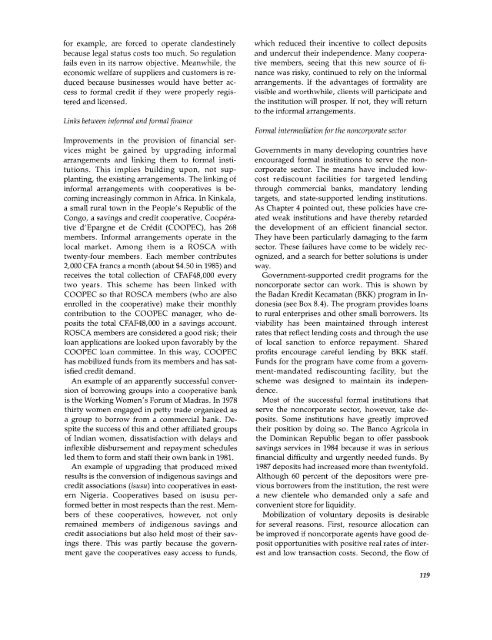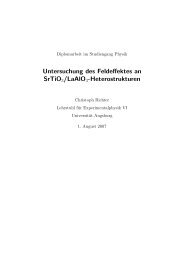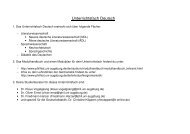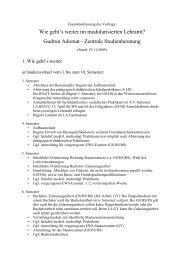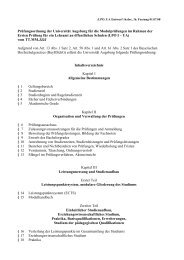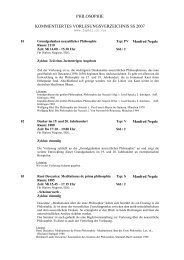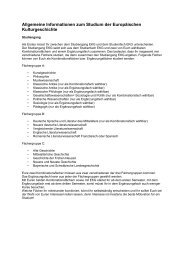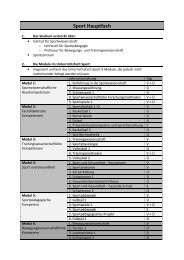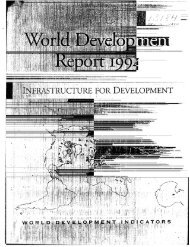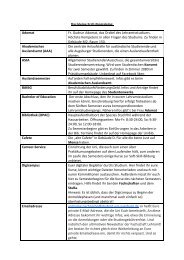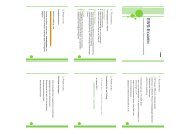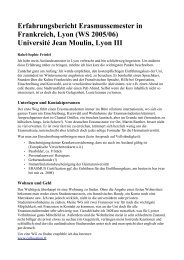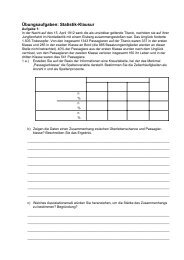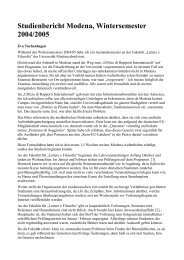Financial systems and development
Financial systems and development
Financial systems and development
You also want an ePaper? Increase the reach of your titles
YUMPU automatically turns print PDFs into web optimized ePapers that Google loves.
which reduced their incentive to collect deposits<br />
<strong>and</strong> undercut their independence. Many coopera-<br />
tive members, seeing that this new source of fi-<br />
nance was risky, continued to rely on the informal<br />
arrangements. If the advantages of formality are<br />
visible <strong>and</strong> worthwhile, clients will participate <strong>and</strong><br />
the institution will prosper. If not, they will return<br />
to the informal arrangements.<br />
for example, are forced to operate cl<strong>and</strong>estinely<br />
because legal status costs too much. So regulation<br />
fails even in its narrow objective. Meanwhile, the<br />
economic welfare of suppliers <strong>and</strong> customers is reduced<br />
because businesses would have better access<br />
to formal credit if they were properly registered<br />
<strong>and</strong> licensed.<br />
Links between informal <strong>and</strong> fornal finance<br />
Formal internediation for the noncorporate sector<br />
Improvements in the provision of financial services<br />
might be gained by upgrading informal Governments in many developing countries have<br />
arrangements <strong>and</strong> linking them to formal insti- encouraged formal institutions to serve the nontutions.<br />
This implies building upon, not sup- corporate sector. The means have included lowplanting,<br />
the existing arrangements. The linking of cost rediscount facilities for targeted lending<br />
informal arrangements with cooperatives is be- through commercial banks, m<strong>and</strong>atory lending<br />
coming increasingly common in Africa. In Kinkala, targets, <strong>and</strong> state-supported lending institutions.<br />
a small rural town in the People's Republic of the As Chapter 4 pointed out, these policies have cre-<br />
Congo, a savings <strong>and</strong> credit cooperative, Coopera- ated weak institutions <strong>and</strong> have thereby retarded<br />
tive d'Epargne et de Credit (COOPEC), has 268 the <strong>development</strong> of an efficient financial sector.<br />
members. Informal arrangements operate in the They have been particularly damaging to the farm<br />
local market. Among them is a ROSCA with sector. These failures have come to be widely rectwenty-four<br />
members. Each member contributes ognized, <strong>and</strong> a search for better solutions is under<br />
2,000 CFA francs a month (about $4.50 in 1985) <strong>and</strong> way.<br />
receives the total collection of CFAF48,000 every Government-supported credit programs for the<br />
two years. This scheme has been linked with noncorporate sector can work. This is shown by<br />
COOPEC so that ROSCA members (who are also the Badan Kredit Kecamatan (BKK) program in Inenrolled<br />
in the cooperative) make their monthly donesia (see Box 8.4). The program provides loans<br />
contribution to the COOPEC manager, who de- to rural enterprises <strong>and</strong> other small borrowers. Its<br />
posits the total CFAF48,000 in a savings account. viability has been maintained through interest<br />
ROSCA members are considered a good risk; their rates that reflect lending costs <strong>and</strong> through the use<br />
loan applications are looked upon favorably by the of local sanction to enforce repayment. Shared<br />
COOPEC loan committee. In this way, COOPEC profits encourage careful lending by BKK staff.<br />
has mobilized funds from its members <strong>and</strong> has sat- Funds for the program have come from a governisfied<br />
credit dem<strong>and</strong>. ment-m<strong>and</strong>ated rediscounting facility, but the<br />
An example of an apparently successful conver- scheme was designed to maintain its indepension<br />
of borrowing groups into a cooperative bank dence.<br />
is the Working Women's Forum of Madras. In 1978 Most of the successful formal institutions that<br />
thirty women engaged in petty trade organized as serve the noncorporate sector, however, take dea<br />
group to borrow from a commercial bank. De- posits. Some institutions have greatly improved<br />
spite the success of this <strong>and</strong> other affiliated groups their position by doing so. The Banco Agricola in<br />
of Indian women, dissatisfaction with delays <strong>and</strong> the Dominican Republic began to offer passbook<br />
inflexible disbursement <strong>and</strong> repayment schedules savings services in 1984 because it was in serious<br />
led them to form <strong>and</strong> staff their own bank in 1981. financial difficulty <strong>and</strong> urgently needed funds. By<br />
An example of upgrading that produced mixed 1987 deposits had increased more than twentyfold.<br />
results is the conversion of indigenous savings <strong>and</strong> Although 60 percent of the depositors were precredit<br />
associations (isusu) into cooperatives in east- vious borrowers from the institution, the rest were<br />
ern Nigeria. Cooperatives based on isusu per- a new clientele who dem<strong>and</strong>ed only a safe <strong>and</strong><br />
formed better in most respects than the rest. Mem- convenient store for liquidity.<br />
bers of these cooperatives, however, not only Mobilization of voluntary deposits is desirable<br />
remained members of indigenous savings <strong>and</strong> for several reasons. First, resource allocation can<br />
credit associations but also held most of their sav- be improved if noncorporate agents have good deings<br />
there. This was partly because the govern- posit opportunities with positive real rates of interment<br />
gave the cooperatives easy access to funds, est <strong>and</strong> low transaction costs. Second, the flow of<br />
119


